 Instructor
Instructor
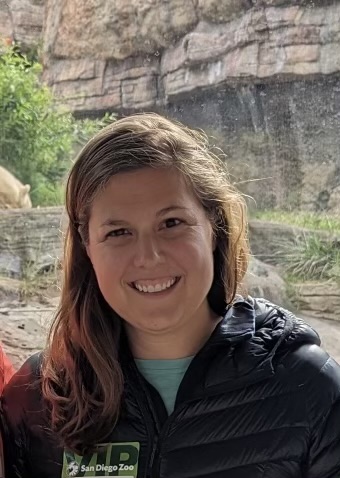
Katharine Kovacek
 Denver, Colorado
Denver, Colorado
Audit
Katharine began her career with the Department of the Interior, Office of Inspector General (DOI OIG) in August 2019 as a Special Agent assigned to the Western Region Investigations office in Lakewood, Colorado, where she has worked on grant and procurement fraud cases and was the lead agent on many multi-agency fraud investigations. Prior to working for the DOI, Katharine worked for the U.S. Department of State OIG in Arlington, Virginia, for approximately 7 years as a Special Agent and Forensic Accountant. Katharine earned her bachelor's degree in accounting from Michigan State University and a Master of Business Administration from George Mason University. Katharine is a certified forensic examiner and a certified anti money laundering specialist.
 Past Courses
Past Courses
8:00 a.m. to 5:00 p.m.
CNMI (GMT+10)
CNMI
The morning session builds on the initial Basic Investigation class by teaching advanced forensic accounting techniques to help investigators detect fraud through financial audits and investigate fraud by following the money. Participants will learn from investigative partners, participate in practical exercises to demonstrate new techniques, and learn the role of forensic accounting in proceedings, and criminal court.
The afternoon session will cover advanced documentation and investigative report writing. We will cover the importance of concepts such as writing for your audience, using plain language, active voice and bottom line up front (BLUF). Participants will learn the importance of effective report writing and how to write reports that help bring investigations to trial. Finally, we will have a panel discussion where we will discuss lessons learned during joint Federal-Territorial investigations.
1:00 p.m. to 5:00 p.m.
CNMI (GMT+10)
CNMI
This seminar will include a discussion of the components of a fraud investigation program, how to identify fraud, and what to do when you find it. We will discuss developing policy, clarifying your authority and budget, identifying staff and support. We will then discuss how to find fraud, by learning how to assess organizational vulnerability to fraud, how to build sources, how to be proactive, and give an overview of fraud schemes and what investigations of those schemes might look like in the wild. We will include classroom exercises and actual case discussion.
8:00 a.m. to 5:00 p.m.
Palau (GMT+9)
Palau
This seminar will build on the Basics of Investigations discussion. We will discuss what to do with allegations: the importance of timely responses, how to manage intake, how to analyze and assess fraud complaints, and what steps to take upon receiving fraud complaints. We will then discuss investigative planning: the importance of creating an investigative plan, how to scope your investigation, clarifying objectives and the importance of setting a timeline. We will include table exercises where attendees assess complaints and draft an investigative plan. Building on our investigative plan in the afternoon, we will discuss how to Identify relevant documents and other evidence, how to collect them, how to analyze them and how to use them to build an investigation. We will then discuss how to conduct fraud interviews: the difference between witnesses and subjects, how to organize multiple interviews, how to plan an interview, how to build rapport, and how to go over interview techniques for tricky subject interviews. We will include table exercises in which attendees will review documents, brief their conclusions, and role-play a subject interview.
1:00 p.m. to 5:00 p.m.
Palau (GMT+9)
Palau
This seminar will include a discussion of the components of a fraud investigation program, how to identify fraud, and what to do when you find it. We will discuss developing policy, clarifying your authority and budget, identifying staff and support. We will then discuss how to find fraud, by learning how to assess organizational vulnerability to fraud, how to build sources, how to be proactive, and give an overview of fraud schemes and what investigations of those schemes might look like in the wild. We will include classroom exercises and actual case discussion.
 Other Instructors
Other Instructors
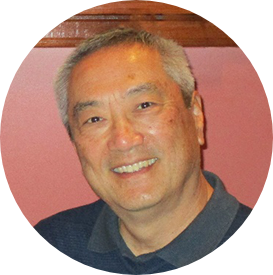
Robert Adachi
Oakland, California
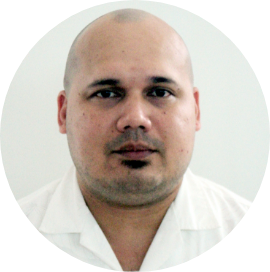
Bernard Adiniwin
Republic of Marshall Islands
.png)
David Apatang
Saipan, CNMI

Michael Barsabal
Philippines
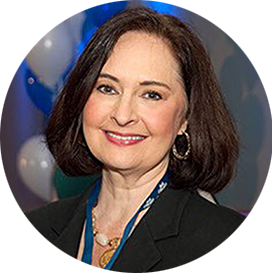
Margie P. Bastolla
Orlando, FL
David Bean
Springfield, Illinois
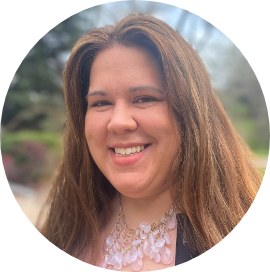
Katelyn Bell
Denver, CO
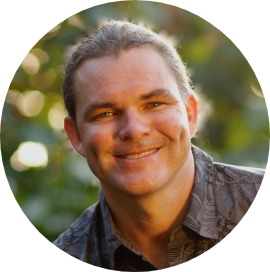
Jeffrey Berlin
Hawaii
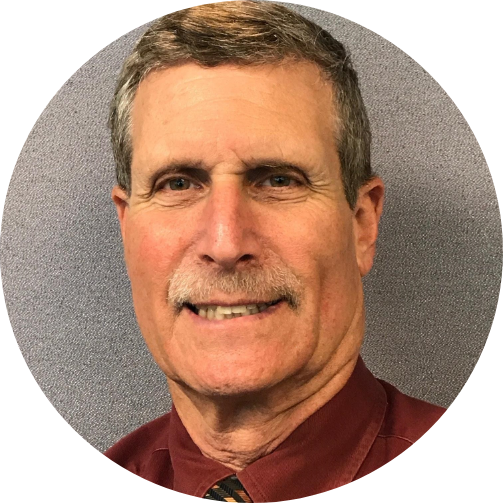
Michael Binder
Washington, District of Columbia
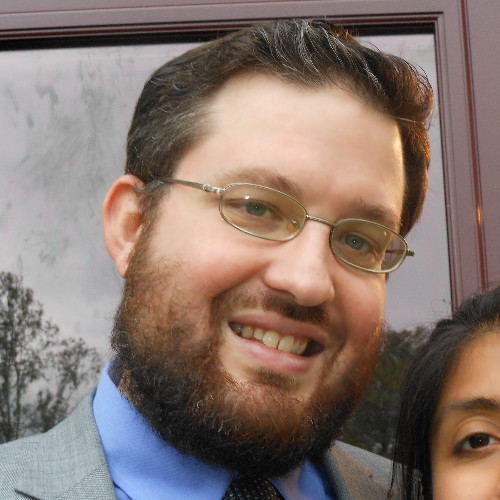
Michael Bingham
Washington DC
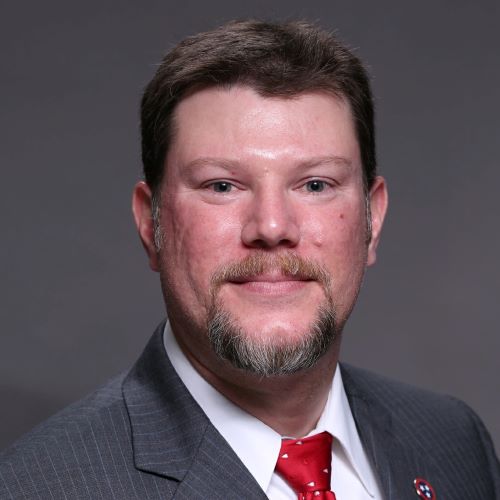
Gerry Boaz, CPA, CGFM, CGMA
Tennessee
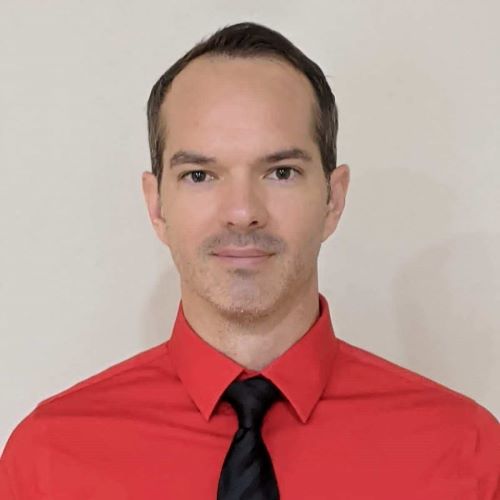
Scott Cahoon
Guam
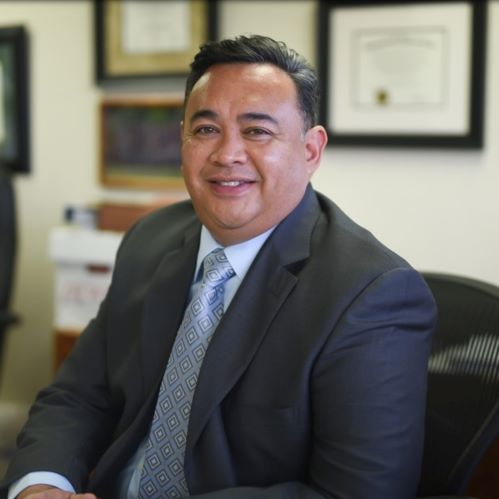
Vince Camacho, Esq.
Guam
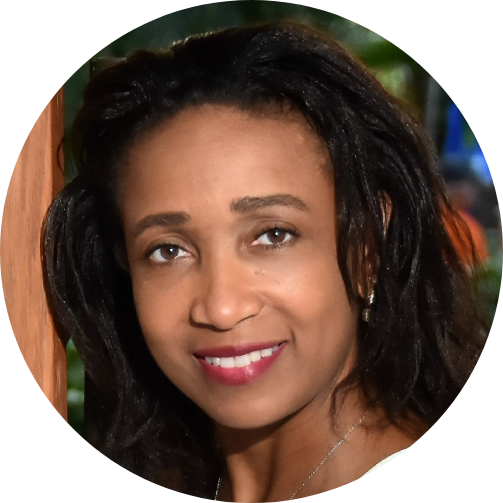
Clarissa Corbin, PMP
Williamsburg, Virginia
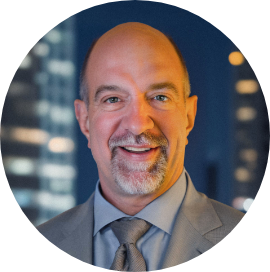
Frank Crawford
Oklahoma City, Oklahoma
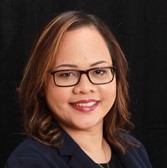
Doreen Crisostomo, Ph.D., CGFM, CFE, CICA
Guam

Benjamin Cruz, JD
Guam
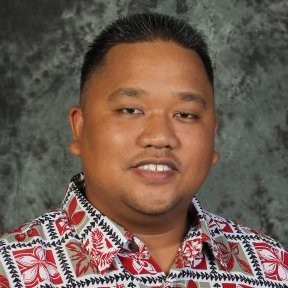
Angel A. Demapan
Saipan, CNMI
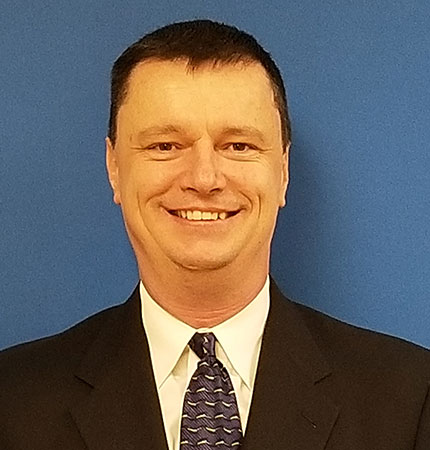
Steve Determan
Lakewood, CO
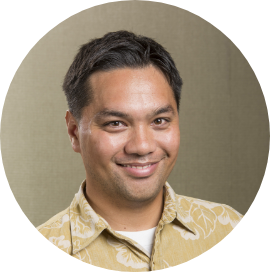
Vince Duenas
Guam
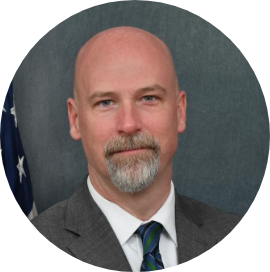
Matt Elliott
Washington, DC
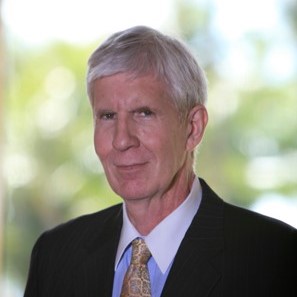
Daniel Fitzgerald, CPA
Guam

Emil Friberg
Washington, DC

Mark Funkhouser
West Virginia
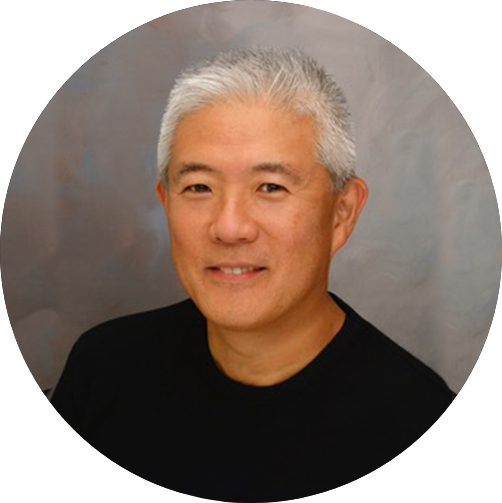
Glenn Furuya
Honolulu, Hawaii
3.png)
Mark Lee Greenblatt
Washington, D.C.
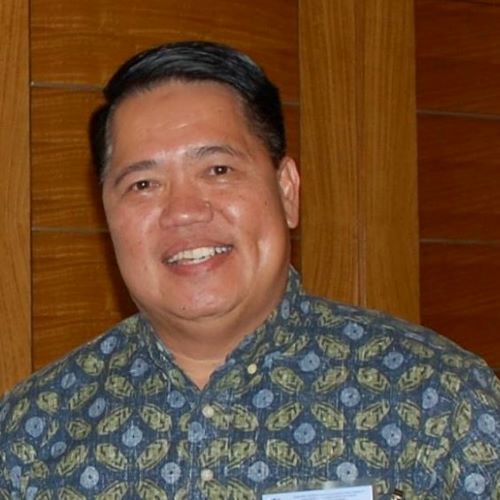
Jose Guevara, III, CGFM, PMP, MBA
Guam
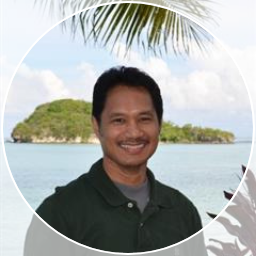
Manny Hechanova
Guam
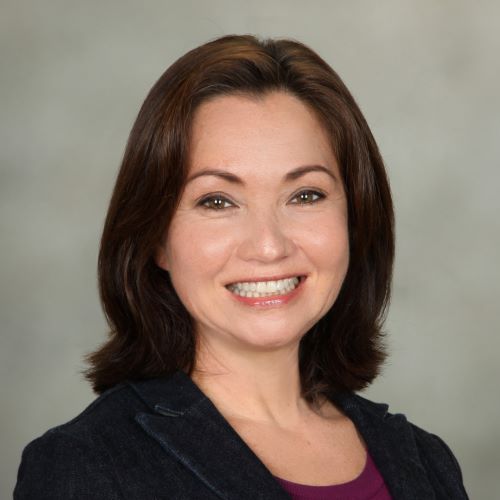
Yuka Hechanova, CPA, CIA, CGFM, CGAP, CGMA
Guam
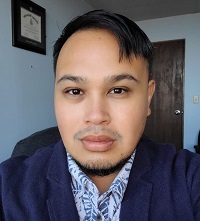
Jerrick Hernandez, MA, CGAP, CICA
Guam
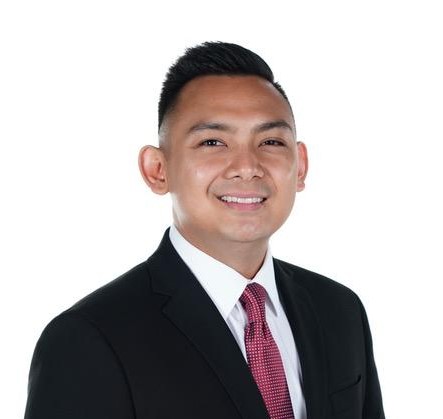
Artemio "Ricky" Hernandez, Ph.D., CGFM
Guam
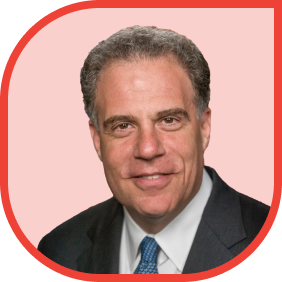
Michael E. Horowitz
Washington DC

David House
Denver, Colorado
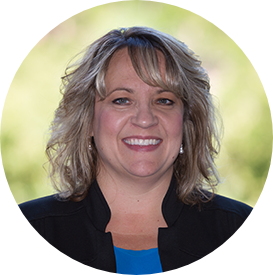
Kerri Hunter
Denver, CO
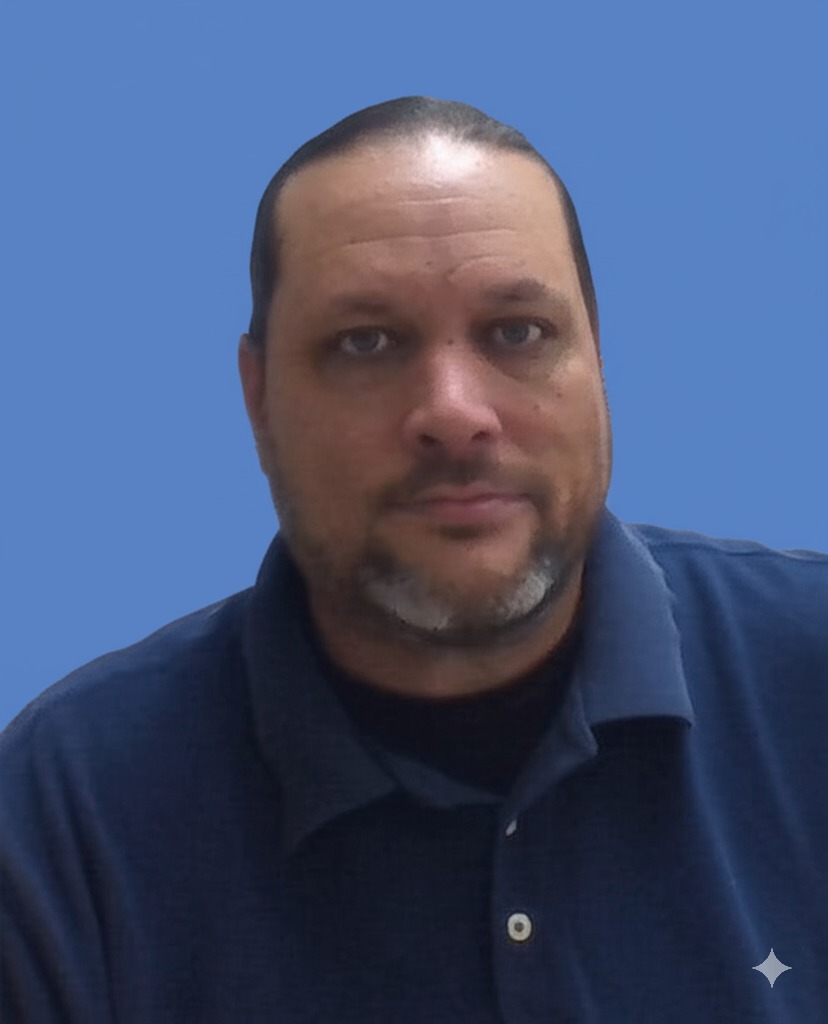
William Hunter
Saipan, CNMI
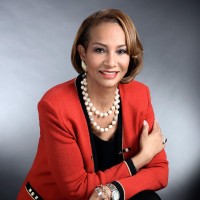
Le'Angela Ingram
Baltimore, MD
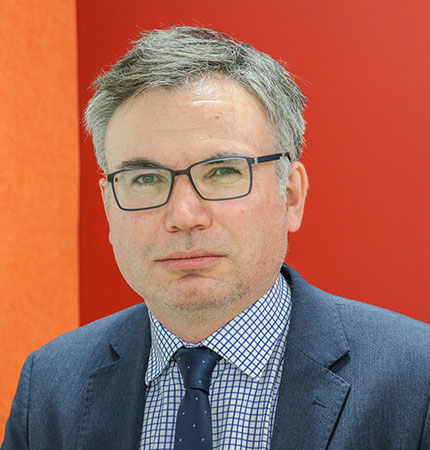
Nick Johnston
Auckland, NZ
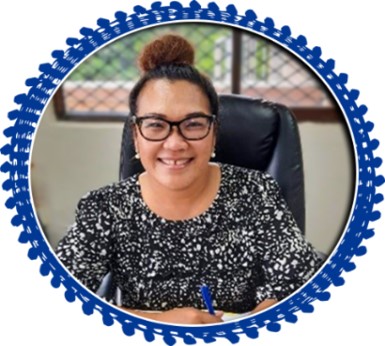
Kino Kabua
Republic of Marshall Islands
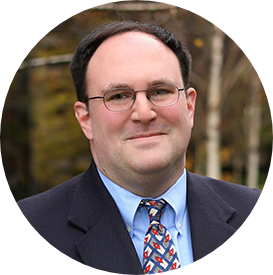
Drummond Kahn
Portland, Oregon
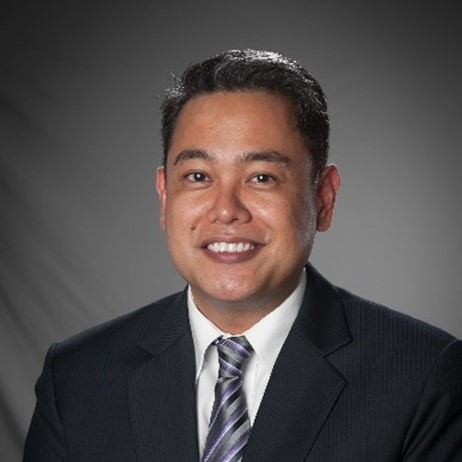
Jason Katigbak, CPA, CIA, CFE, CGMA
Guam
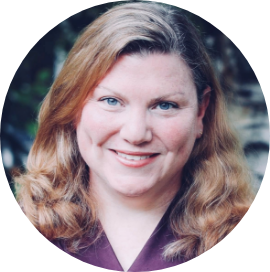
Karden Kelly
Anchorage, AK

Muhammad Khalid
Punjab
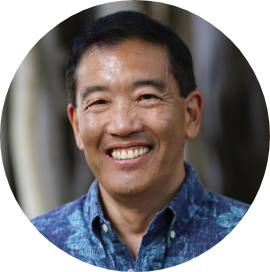
Les Kondo
Honolulu, HI

Dan Kowalski
Ogden, NJ
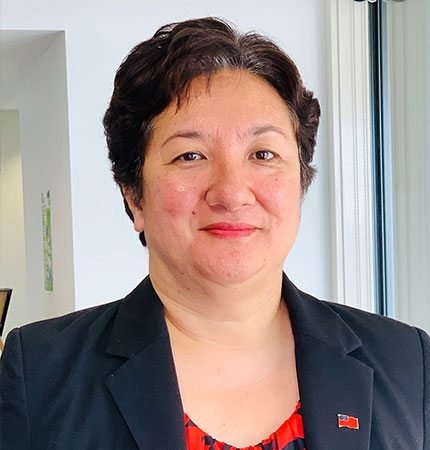
Esther Lameko-Poutoa
Auckland, New Zealand
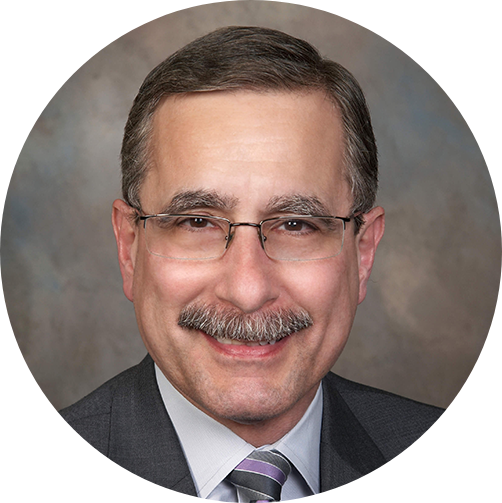
Robert Lavigna
Madison, Wisconsin

Amin Leiman, PMP, CPC, SDC, SMC, CISA, ,MSBA, MBA
Los Angeles, California
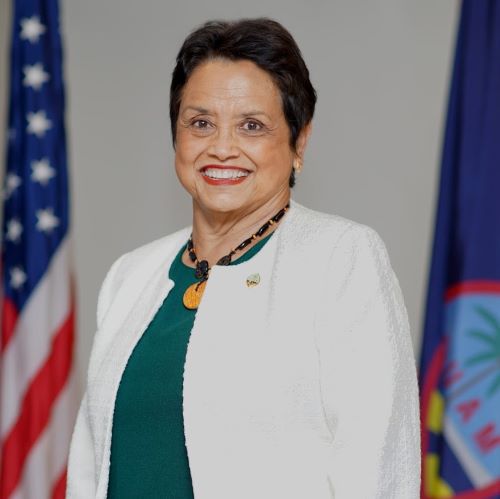
Lourdes A. Leon Guerrero
Guam
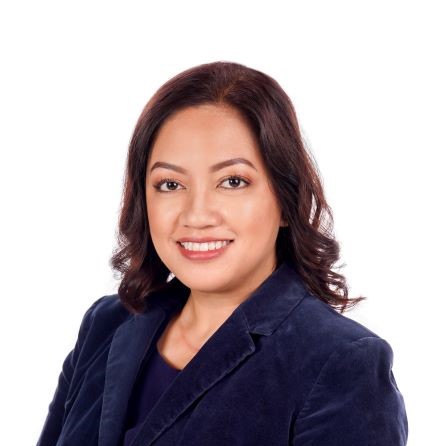
Daphne Leon Guerrero, SHRM-SCP, CAPM
Guam
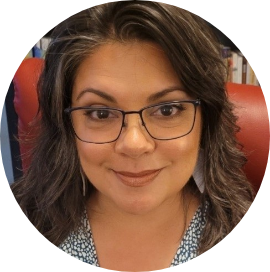
Stefani S. Levesque
Denver, CO
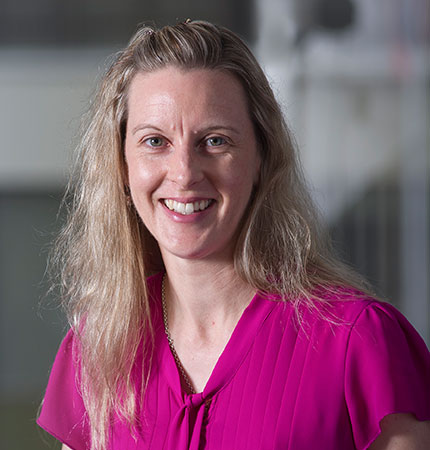
Sarah Markley
Auckland, NZ
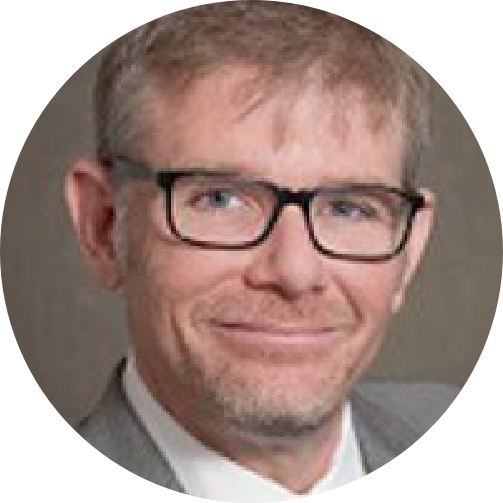
Kip R. Memmott
Salem, OR
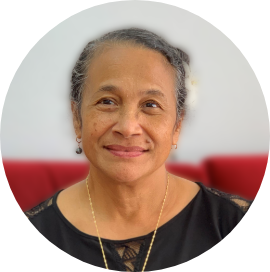
Anna Mendiola
FSM National
-modified1.png)
Debbie Milks
Lawrence, Kansas
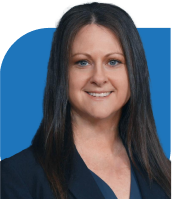
Nicki Miller
Washington, DC
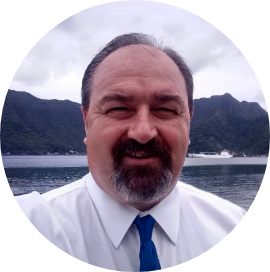
Jason Mitchell
Pago Pago, AS
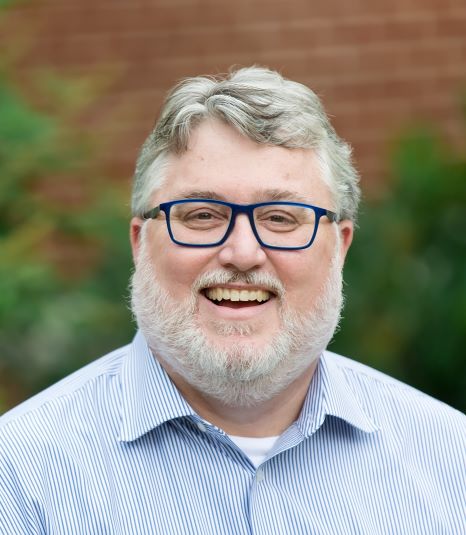
Billy Morehead, Ph.D., CPA, CGFM
Madison, MS

Mark Morgan, Ph.D., CPA, CFE
Madison, MS
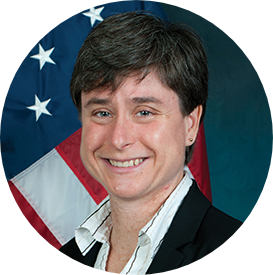
Susan Murphy
Boston, MA
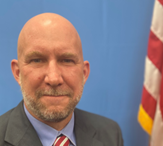
Eric S. O'Malley
Saipan, CNMI
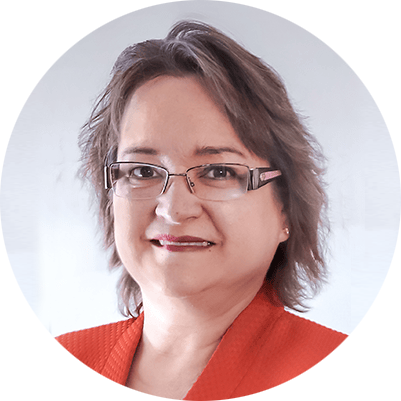
Mary Okada, Ed.D.
Guam
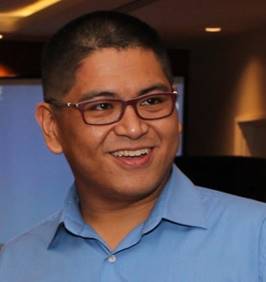
Rizalito "RG" Paglingayen, CPA
Guam
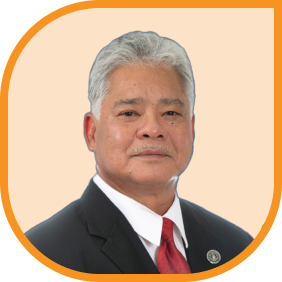
Arnold Palacios
Saipan, CNMI
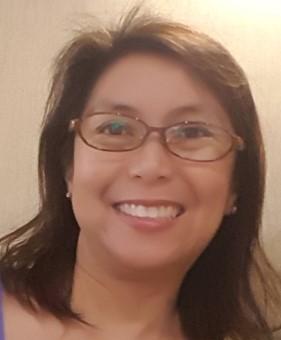
Pilar Pangelinan
Guam
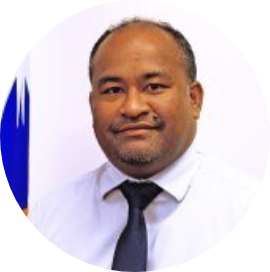
Junior Patrick
Republic of Marshall Islands
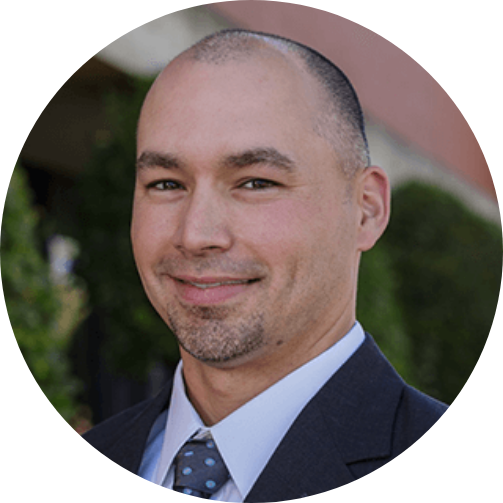
Christopher Pembrook
Oklahoma City, OK
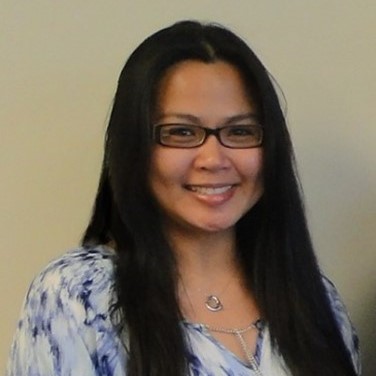
Maripaz Perez, CGFM, CGAP, CICA, CIA, CFE
Guam
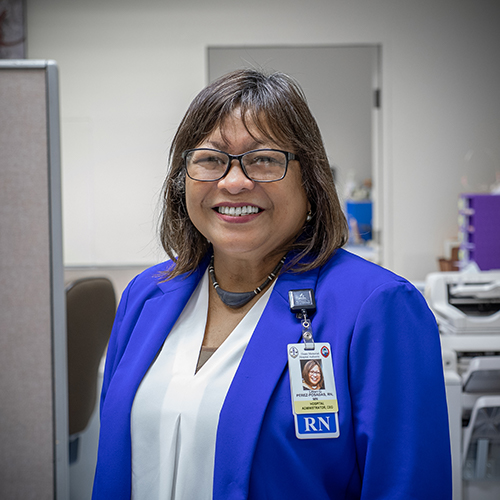
Lillian Perez-Posadas, MN, RN
Guam

Skip Polson
Durham, NC
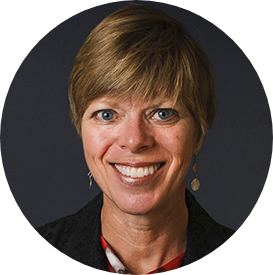
Dianne Ray
Denver, CO
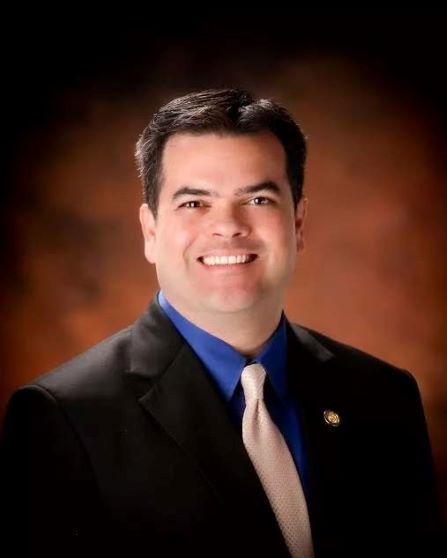
Rory J. Respicio
Guam
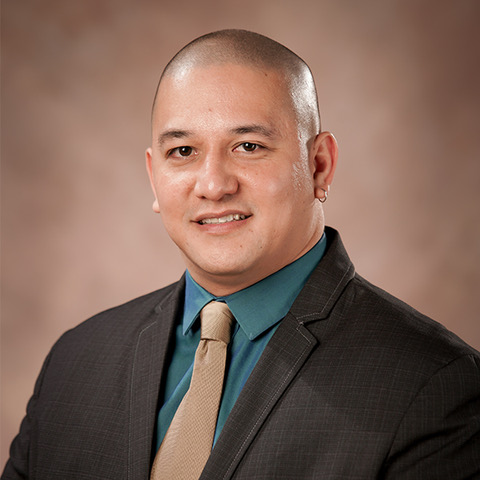
John J. Rivera, Ph.D., AIF, CFE, CM, SHRM-SCP
Guam
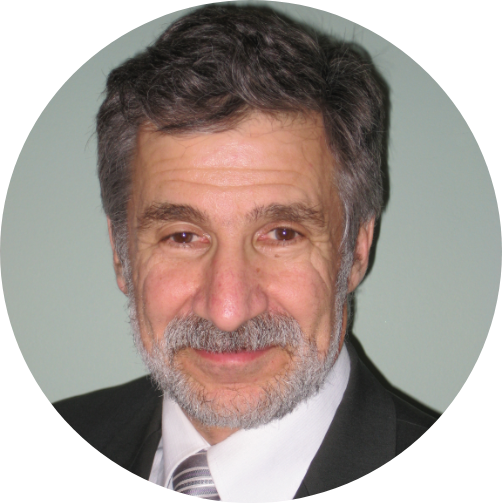
Martin Ruben
Charlottetown, PEI
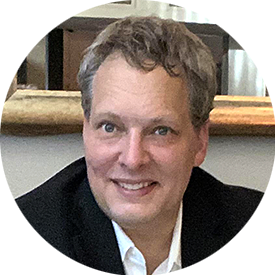
David Rykken
Washington, DC
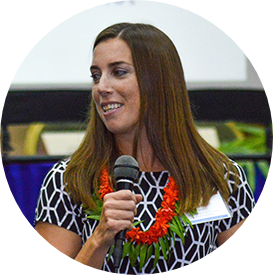
Beth Schubert
Denver, Colorado
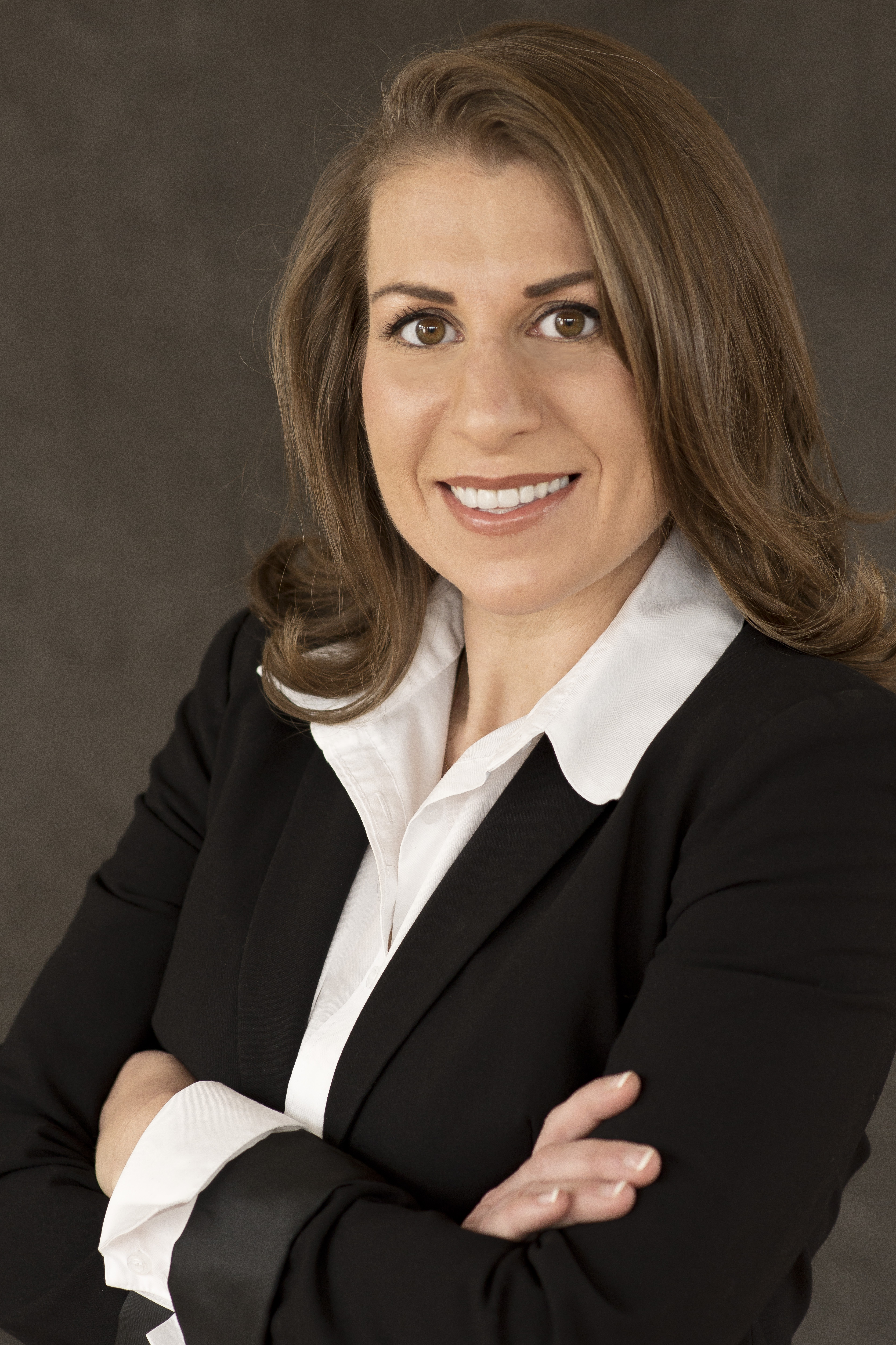
Kathleen Sedney
Washington DC
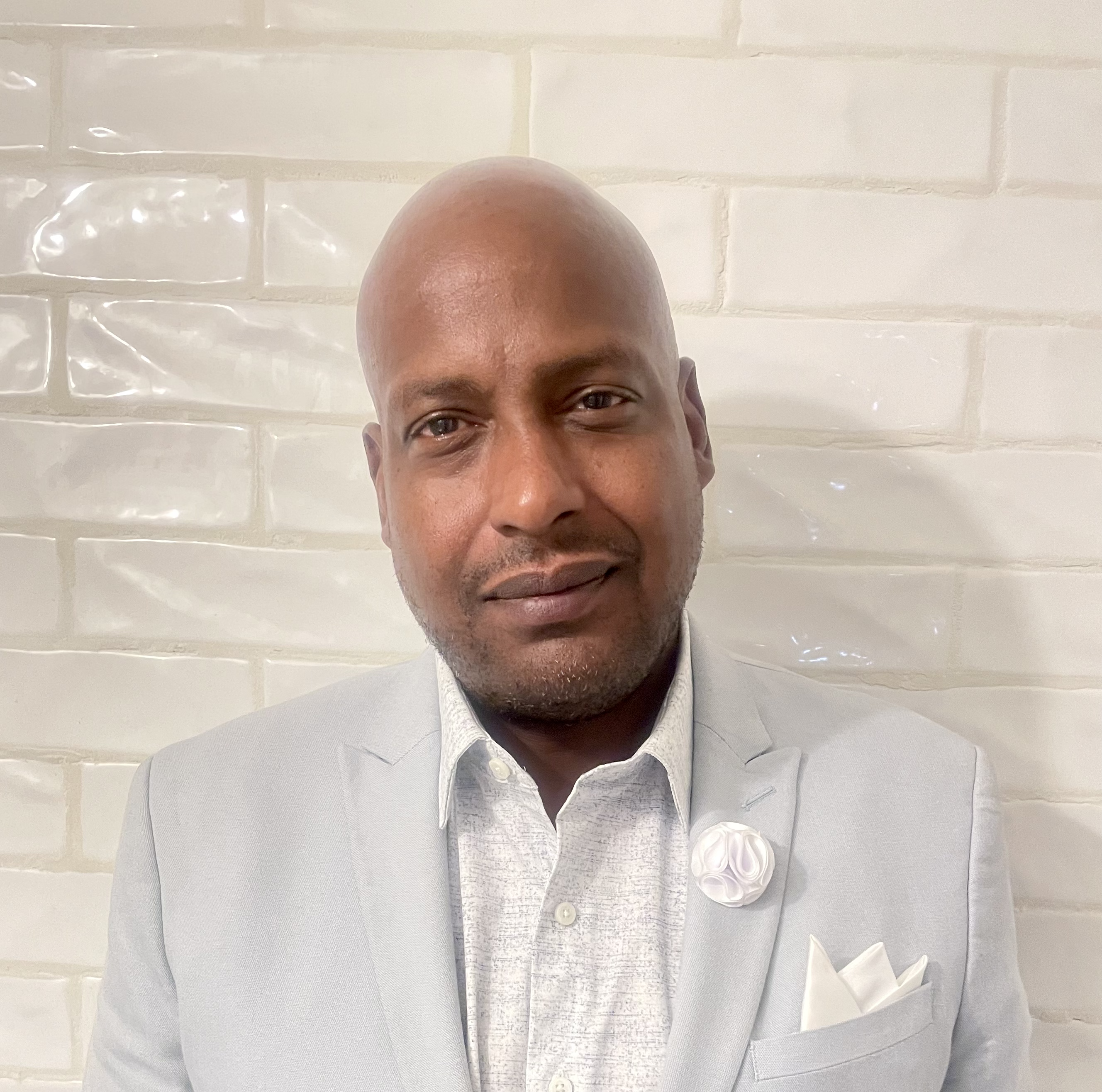
Seitu Stephens
Philadelphia

Mark Sturton
United Kingdom

Pending Traveler
NY
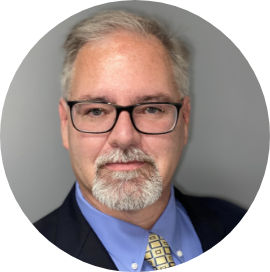
Terry VanEaton
American Samoa
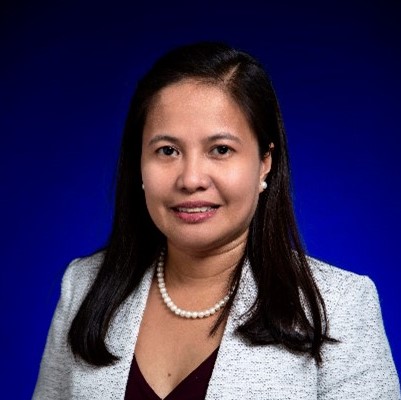
Josephine Villanueva, CPA, CGMA, CGFM, CSAF, SHRM-CP, PMP
Guam
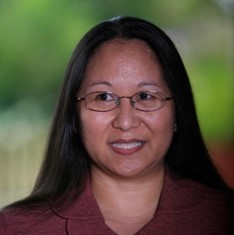
Mizpah Wiegand, CPA
Guam
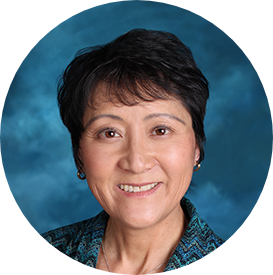
 +1.808.523.1650
+1.808.523.1650








 10 October 2025
10 October 2025  Monique
Monique  September 10, 2025
September 10, 2025 CPEs - 8 Credit Hours
CPEs - 8 Credit Hours Photo Gallery
Photo Gallery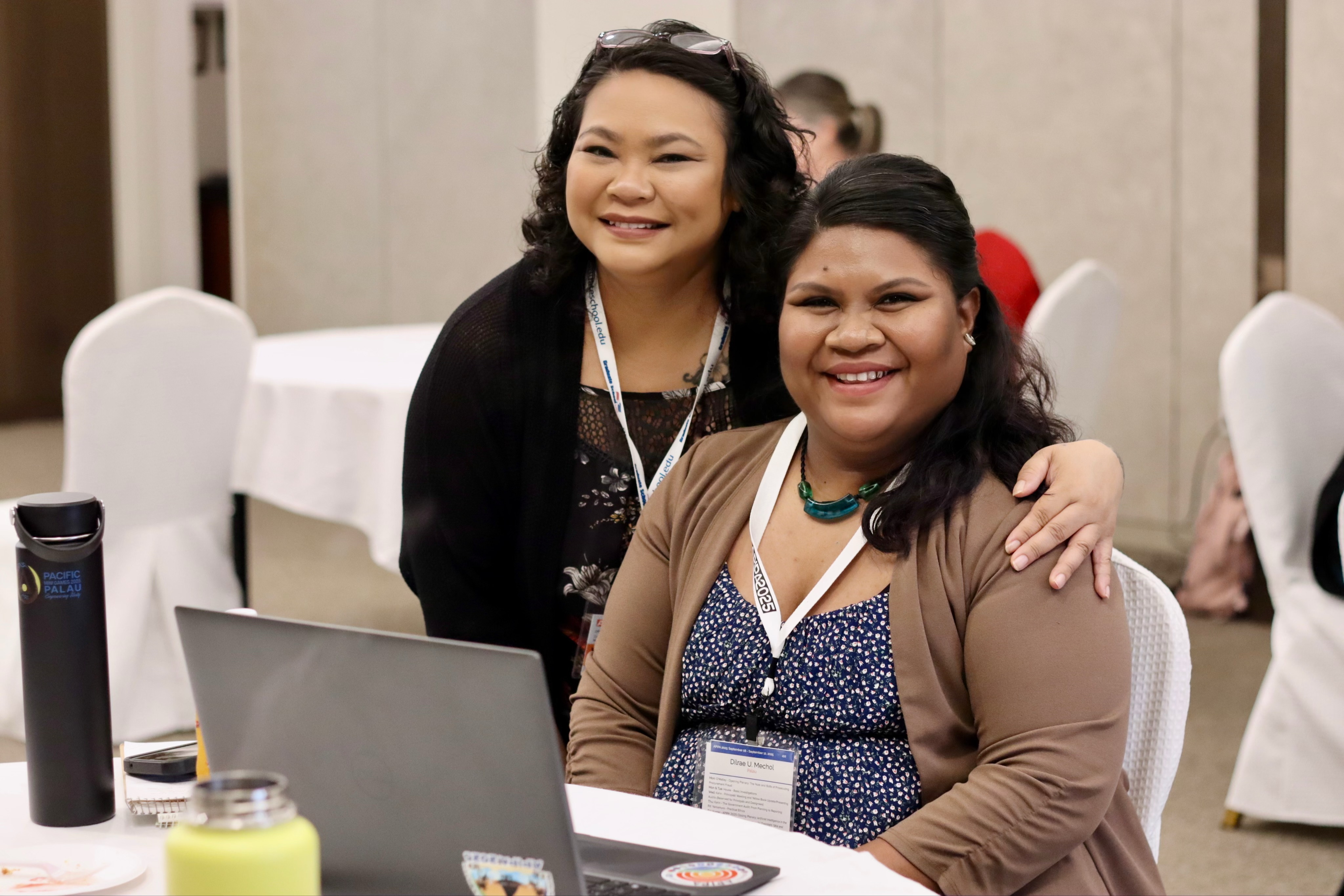
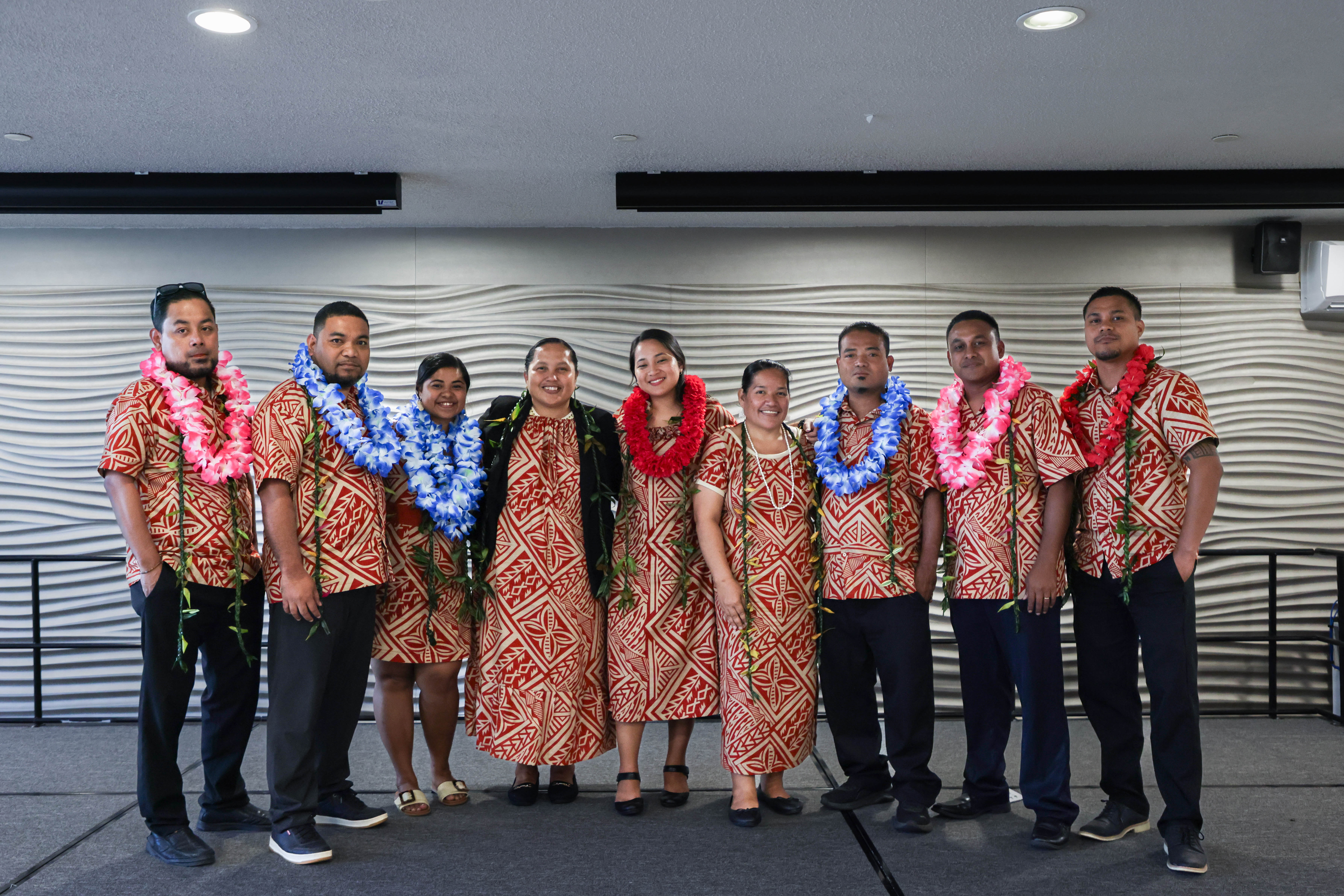
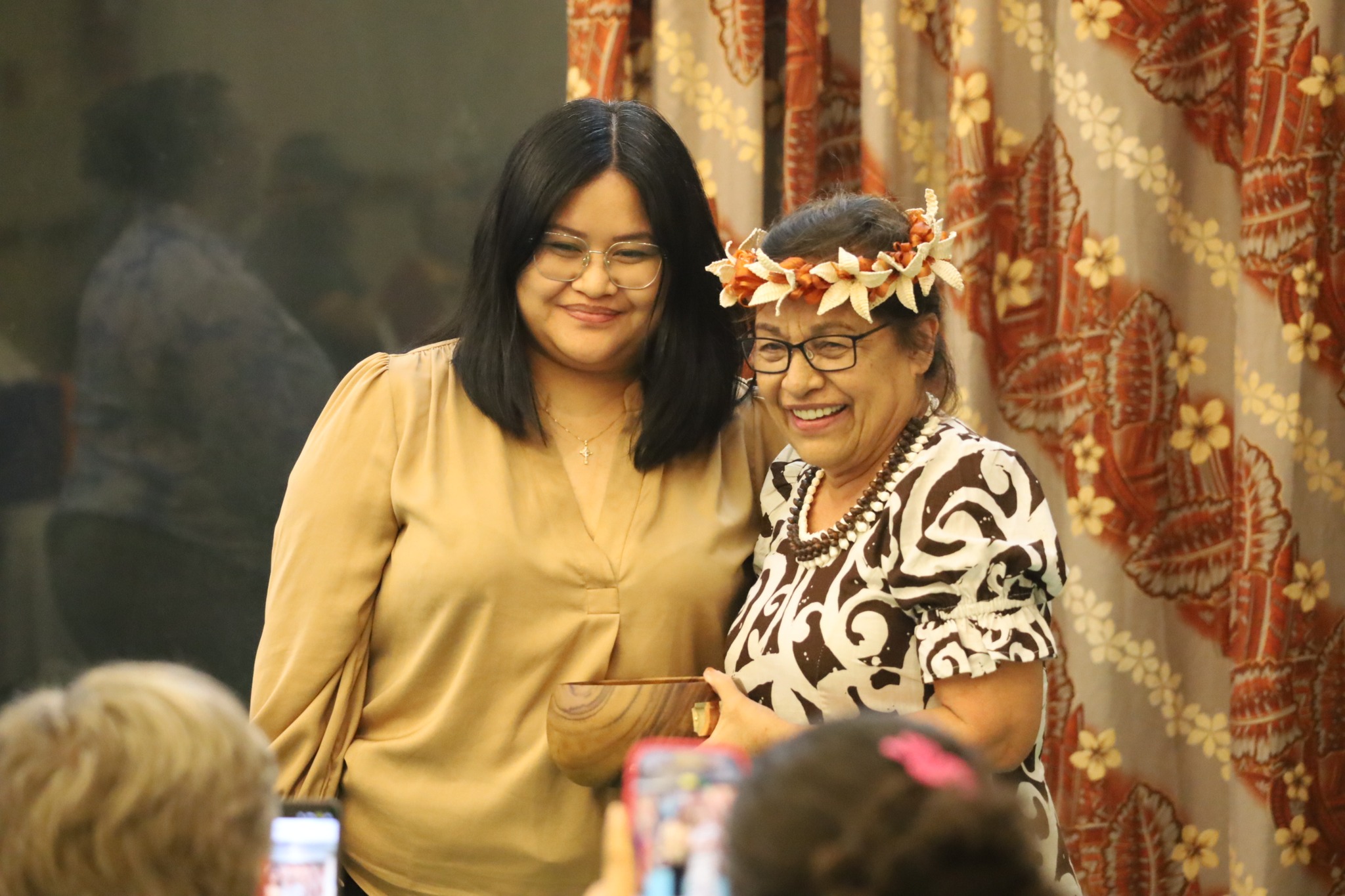
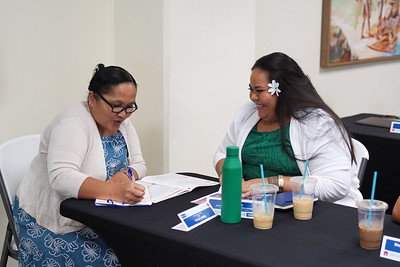
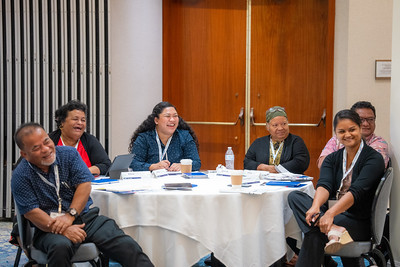
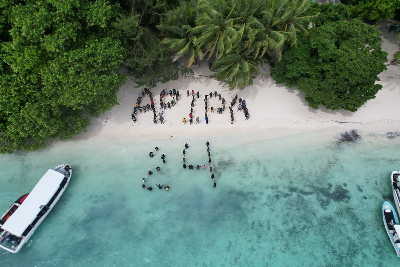
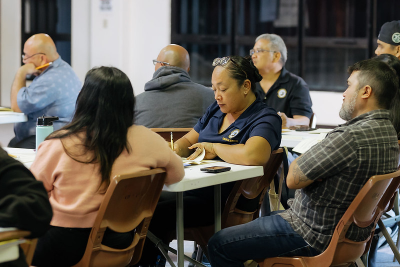
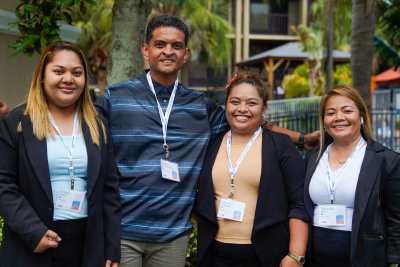
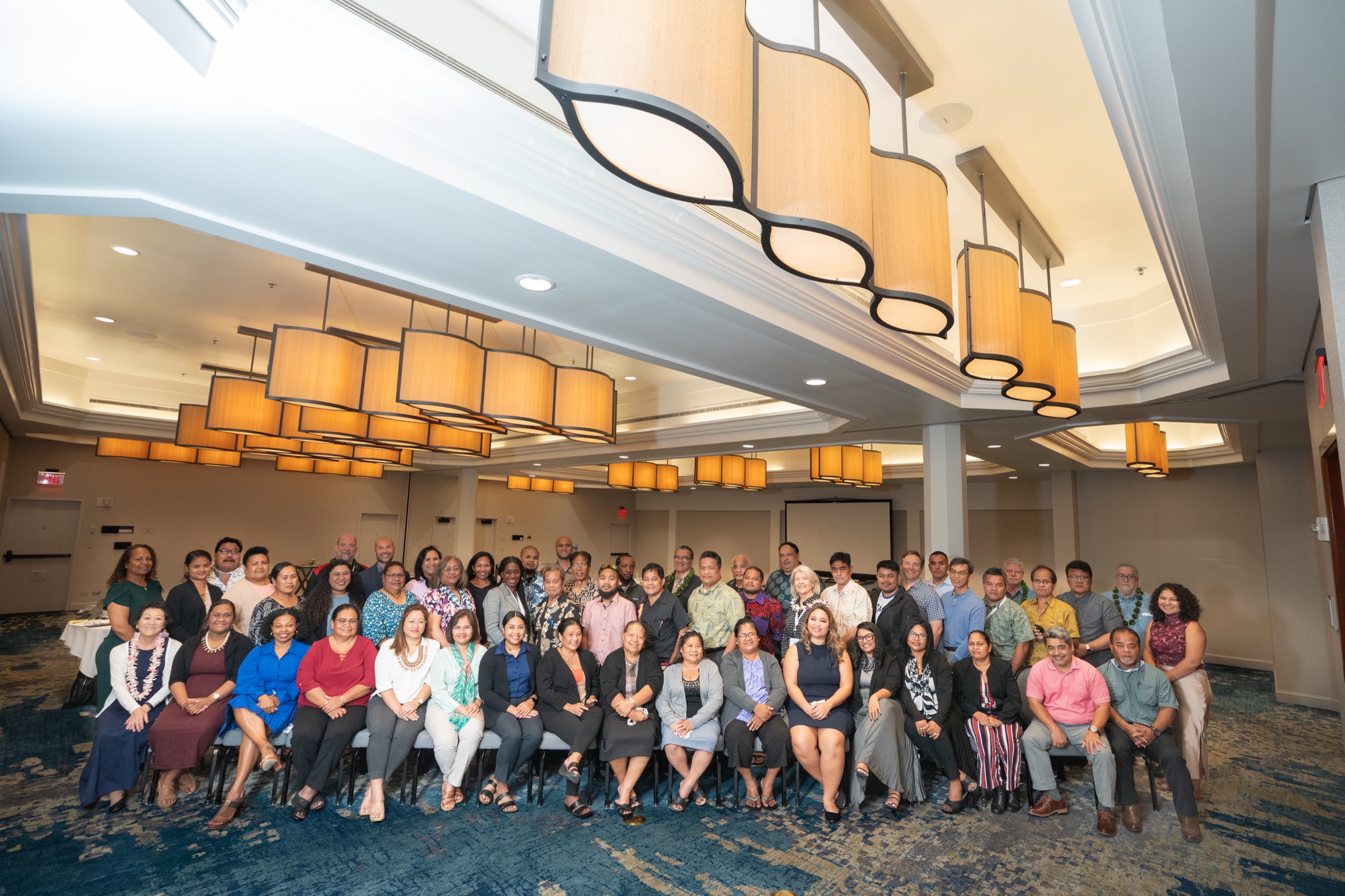


 COMPLETE GALLERY
COMPLETE GALLERY HOME
HOME NEWSROOM
NEWSROOM INITIATIVES
INITIATIVES CONFERENCES
CONFERENCES TRAINING
TRAINING ABOUT PITI-VITI
ABOUT PITI-VITI CONTACT
CONTACT ACCESSIBILITY
ACCESSIBILITY




 +1.808.523.1650
+1.808.523.1650

 900 Fort Street Mall, Suite 1540
900 Fort Street Mall, Suite 1540 
 Reset Password
Reset Password
 Chat
Chat
 Email
Email


 ACKNOWLEDGE
ACKNOWLEDGE READ FULL WAIVER
READ FULL WAIVER